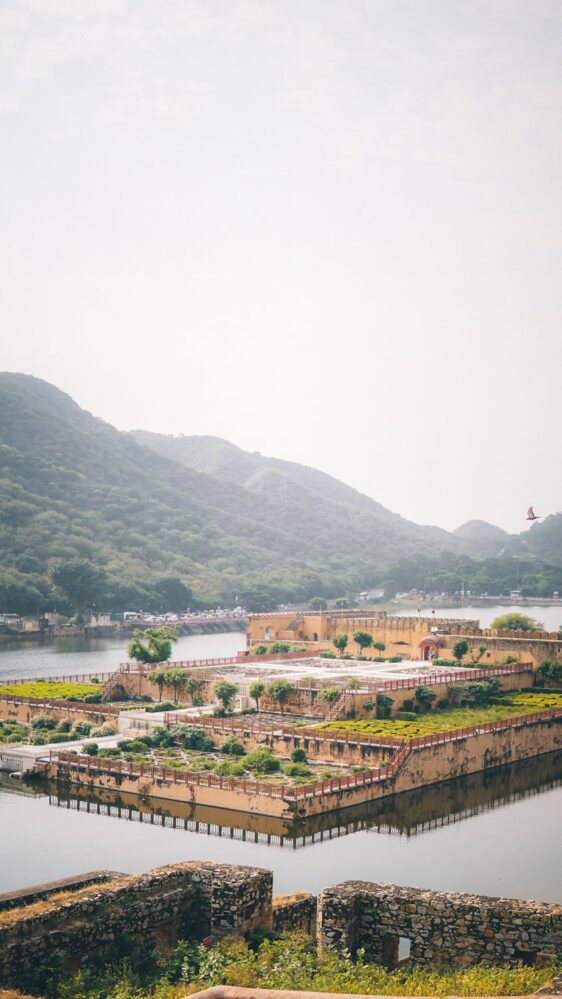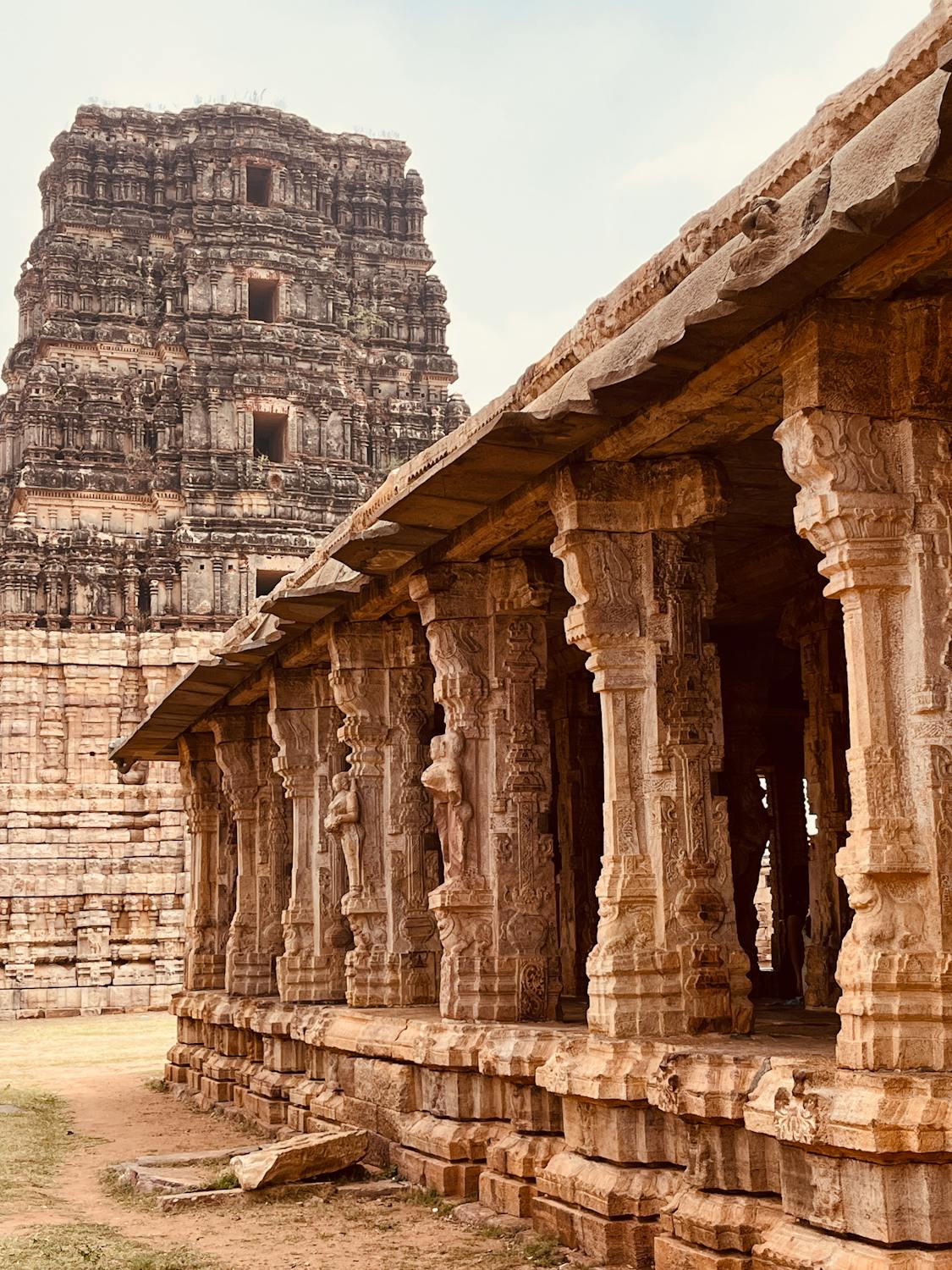
India is a land steeped in history, culture, and timeless stories. From ancient temples to colonial forts and majestic palaces, the country offers a treasure trove of heritage waiting to be discovered. For those who wish to immerse themselves in this rich historical landscape, embarking on an India group tour provides the perfect gateway to explore the past while enjoying the camaraderie of fellow travelers. Traveling in a group not only enhances the experience with shared insights and guided narratives but also ensures seamless logistics, safety, and cost efficiency.
One of the most compelling aspects of touring India’s historic trails is the diversity in its architectural and cultural legacy. Every region offers a unique perspective on the country’s evolution—from the Indus Valley Civilization and Vedic period to the reigns of Mauryas, Guptas, Mughals, and the British Raj. An India group tour expertly curated by professionals can cover multiple eras and empires in a structured yet immersive manner.
Begin your journey in the capital city, Delhi, which encapsulates centuries of Indian history in its monuments and neighborhoods. Explore the towering Qutub Minar, a symbol of early Islamic architecture, and stroll through the winding lanes of Old Delhi, home to the Red Fort and Jama Masjid. A group tour here often includes a local historian or guide who brings these structures to life with compelling narratives, connecting you to the people and events that shaped the nation’s capital.
From Delhi, many group tours continue to Agra, where the majestic Taj Mahal awaits. Commissioned by Emperor Shah Jahan in memory of his wife Mumtaz Mahal, this iconic white marble mausoleum is not only an architectural marvel but also a symbol of eternal love. Beyond the Taj, Agra Fort and Fatehpur Sikri offer glimpses into the grandeur of the Mughal era. An India group tour typically allows ample time at each site, with detailed explanations and cultural context that might be missed by solo travelers.
No historic trail in India is complete without venturing into Rajasthan, the land of kings. This northwestern state is famed for its hilltop forts, royal palaces, and desert cities. Jaipur, Udaipur, Jodhpur, and Jaisalmer each tell their own story through vibrant architecture and well-preserved traditions. In Jaipur, the Amber Fort and City Palace illustrate Rajput military prowess and artistic sensibilities. Udaipur enchants with its lakeside palaces, while Jaisalmer’s golden fort glows under the desert sun, retaining its status as a living fort with bustling markets and homes. Group tours often include curated cultural performances and interactions with local artisans, enhancing your understanding of Rajasthan’s regal heritage.
Moving eastward, Varanasi, one of the world’s oldest living cities, offers a spiritual dimension to India’s historic journey. Walking through its ghats and alleys reveals a tapestry of rituals, myths, and philosophical musings that have persisted for millennia. In a group setting, travelers gain deeper insight into the city’s religious significance, from the sacred Ganges River ceremonies to temple legends shared by local priests.
South India presents yet another chapter of India’s historical saga. Tamil Nadu is renowned for its Dravidian temple architecture, with masterpieces like the Meenakshi Temple in Madurai and the Brihadeeswarar Temple in Thanjavur. These UNESCO World Heritage Sites are marvels of engineering and devotion. Group tours often include scholarly guides who explain the symbolic carvings, temple rituals, and dynastic histories that shaped these marvels. Kerala, with its colonial forts and spice trade heritage, offers a more coastal flavor of history. Fort Kochi, with its blend of Portuguese, Dutch, and British architecture, is a standout destination.
In the heart of India lies Madhya Pradesh, home to the architectural brilliance of Khajuraho’s erotic temples, the Buddhist stupas of Sanchi, and the imposing forts of Gwalior and Mandu. These less-traveled but deeply enriching sites are often best explored with a group, where logistical challenges are minimized and cultural interpretation is maximized.
One of the primary benefits of choosing an India group tour is the opportunity for curated learning experiences. These tours often include lectures, site walkthroughs, and access to places that might not be available to solo travelers. They also offer a safe and social environment, perfect for those who seek connection and shared discovery. Whether you’re a history enthusiast, a cultural traveler, or simply curious about the world’s oldest civilizations, group travel through India’s historic trails provides depth and context that guidebooks alone cannot offer.
Modern group tours also prioritize comfort and personalization. Many providers now offer themed packages—focusing on heritage, architecture, religion, or colonial history—to cater to different interests. Accommodations are chosen for both quality and proximity to historical sites, while meals often include regional specialties, adding a culinary dimension to the cultural immersion.

In conclusion, walking the historic trails of India is a profound experience that deepens your understanding of the world’s cultural tapestry. A well-organized India group tour transforms this exploration into a rich, enjoyable, and enlightening journey. It connects the ancient with the modern, the past with the present, and the individual with the collective. So, pack your bags, join a knowledgeable group, and step into the timeless tales etched across the land of a thousand legends.







